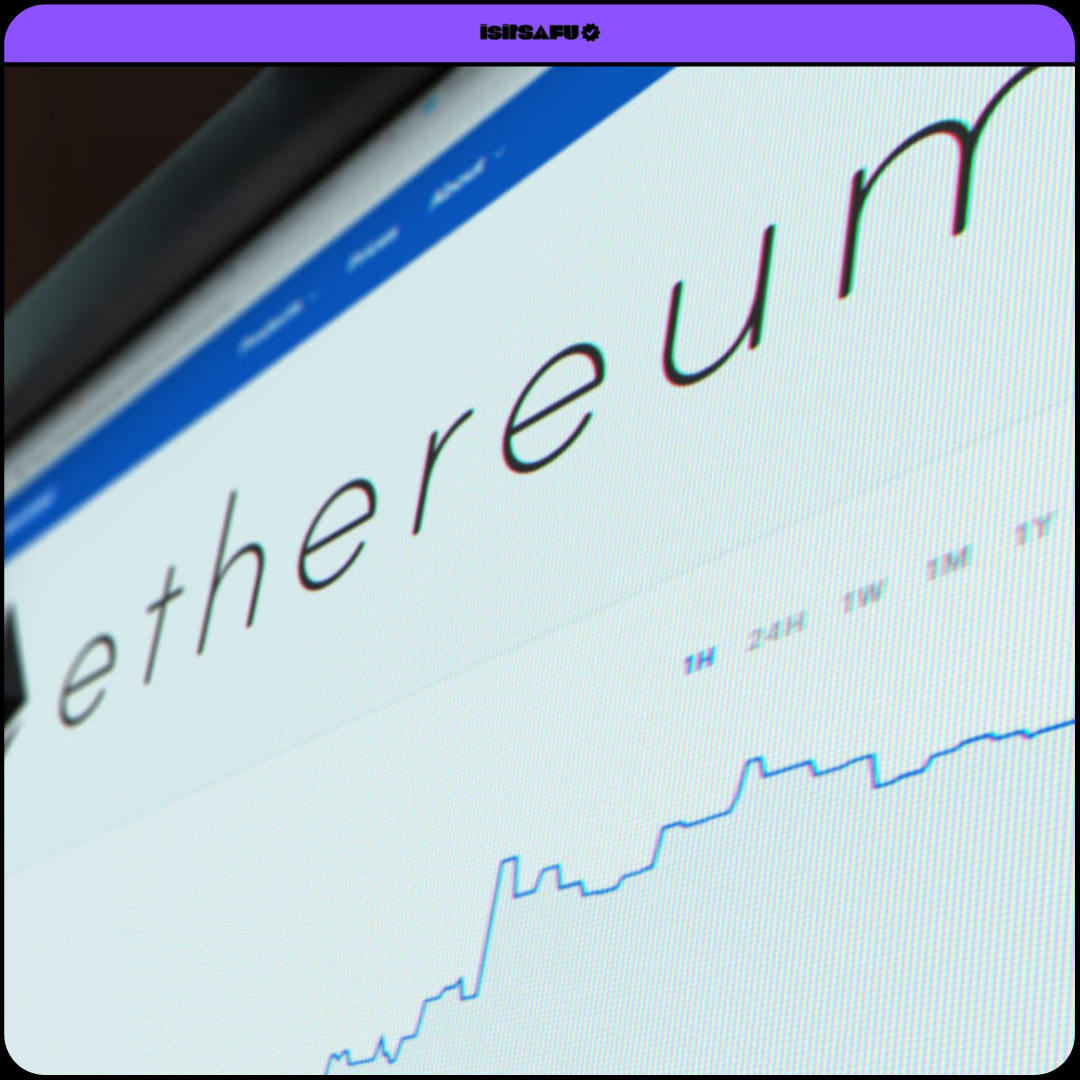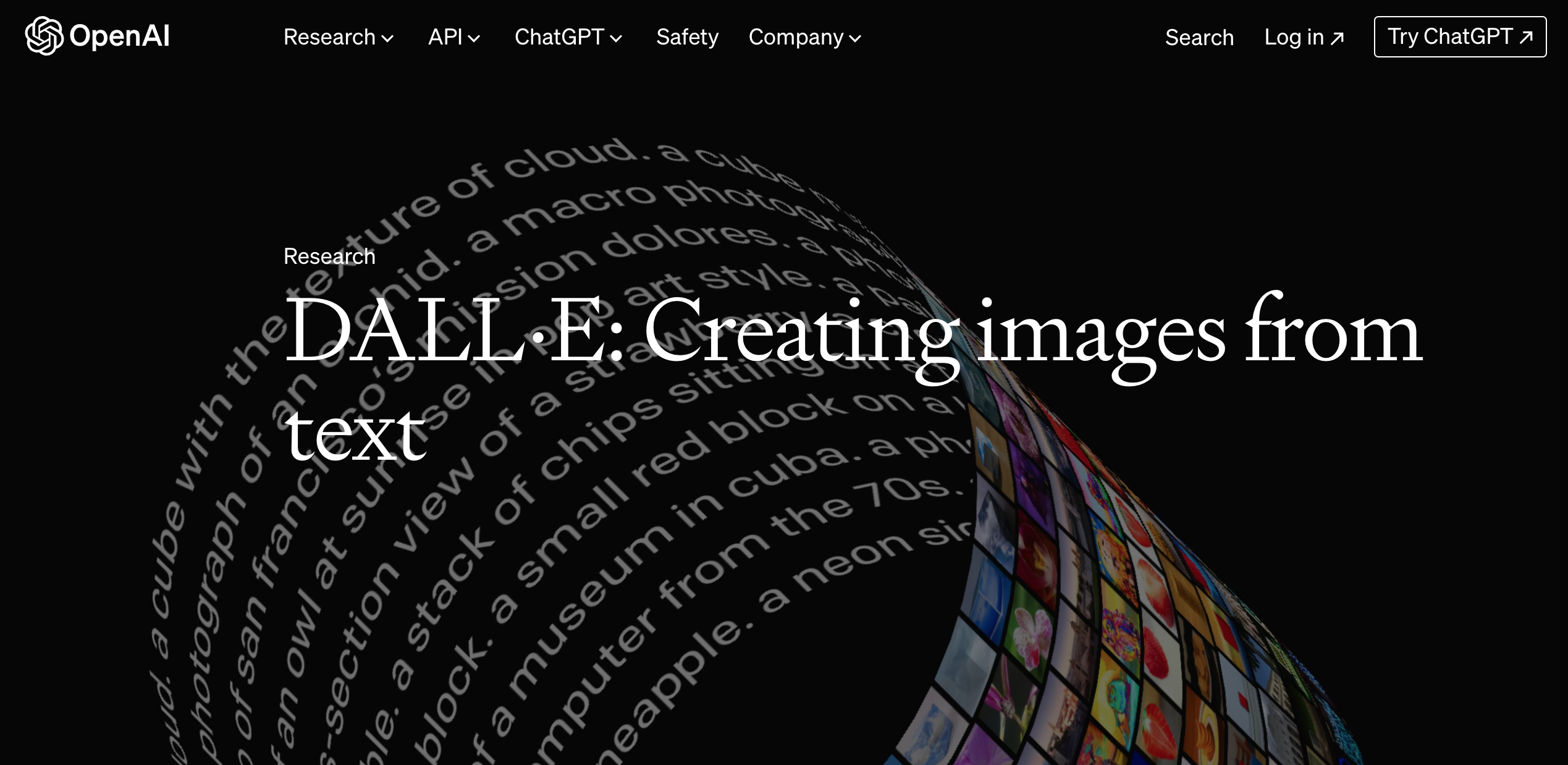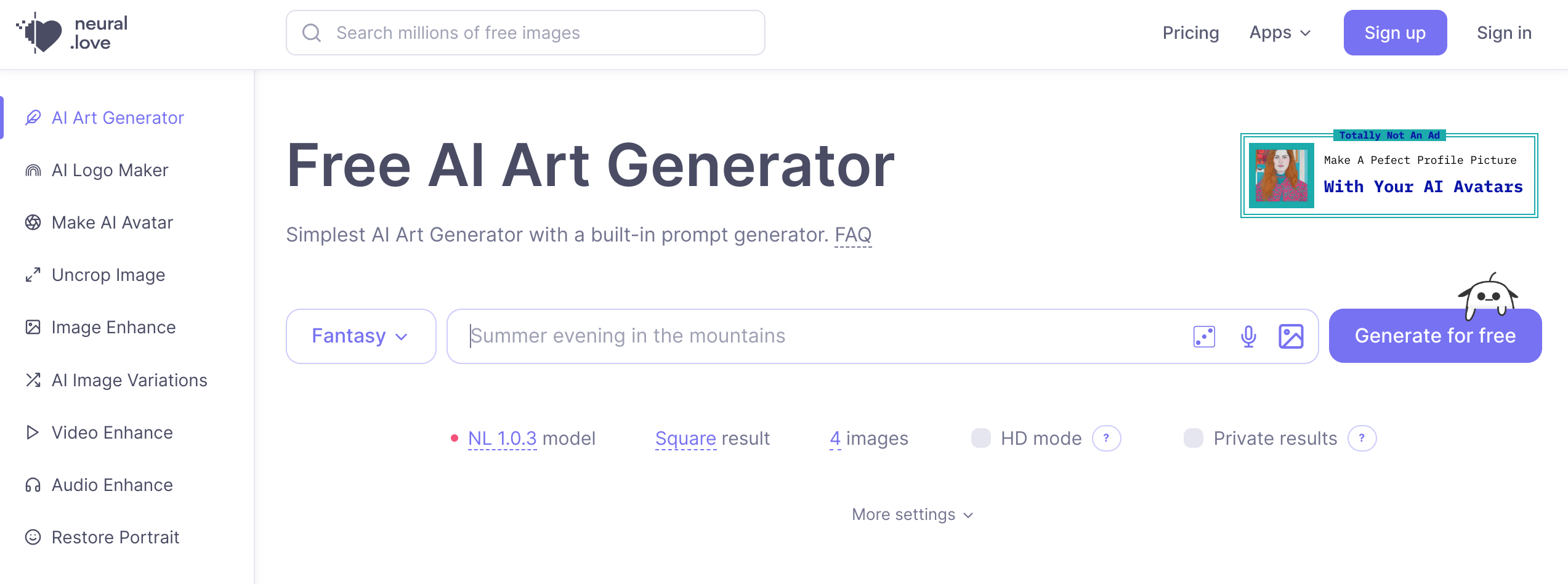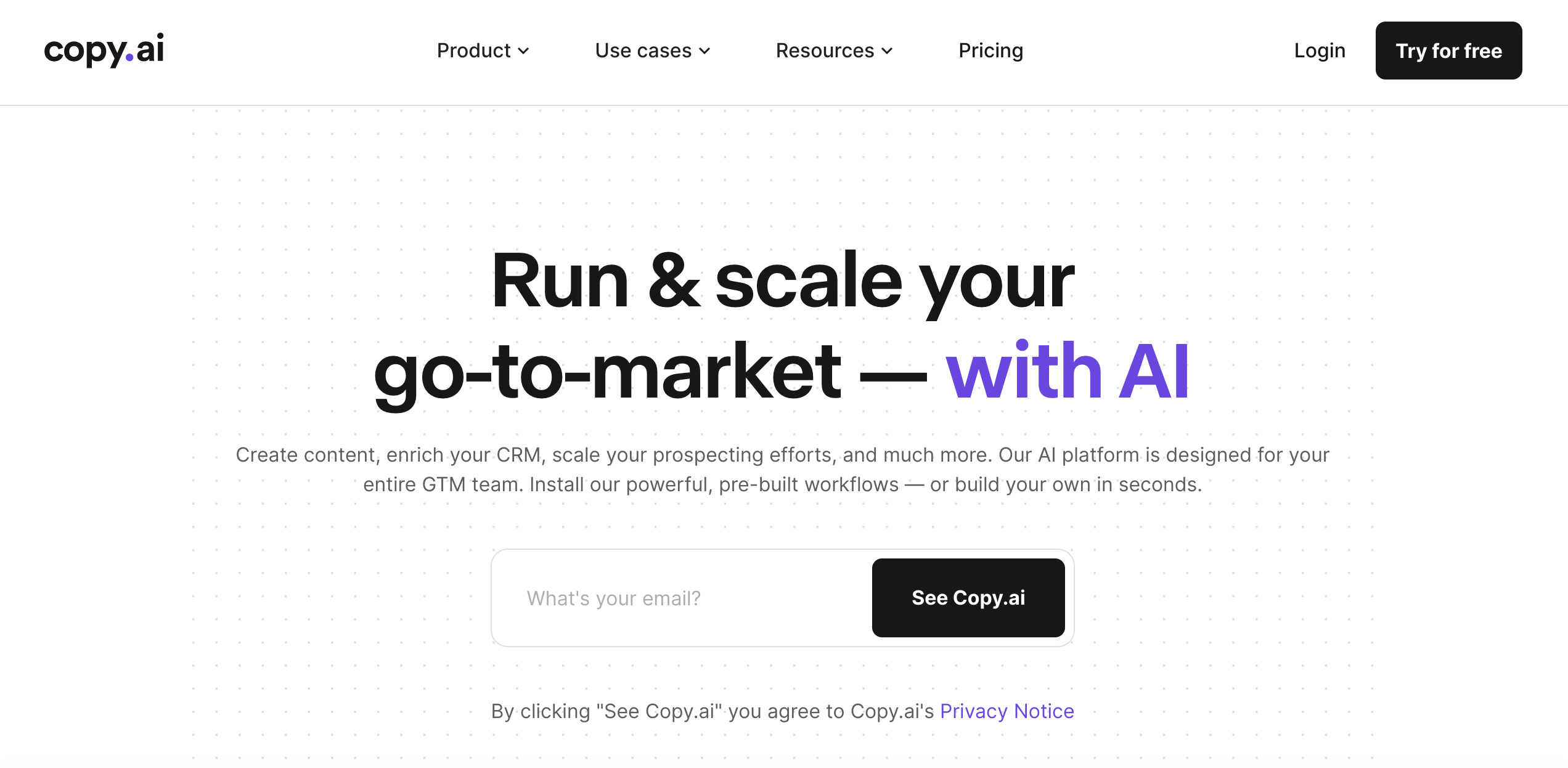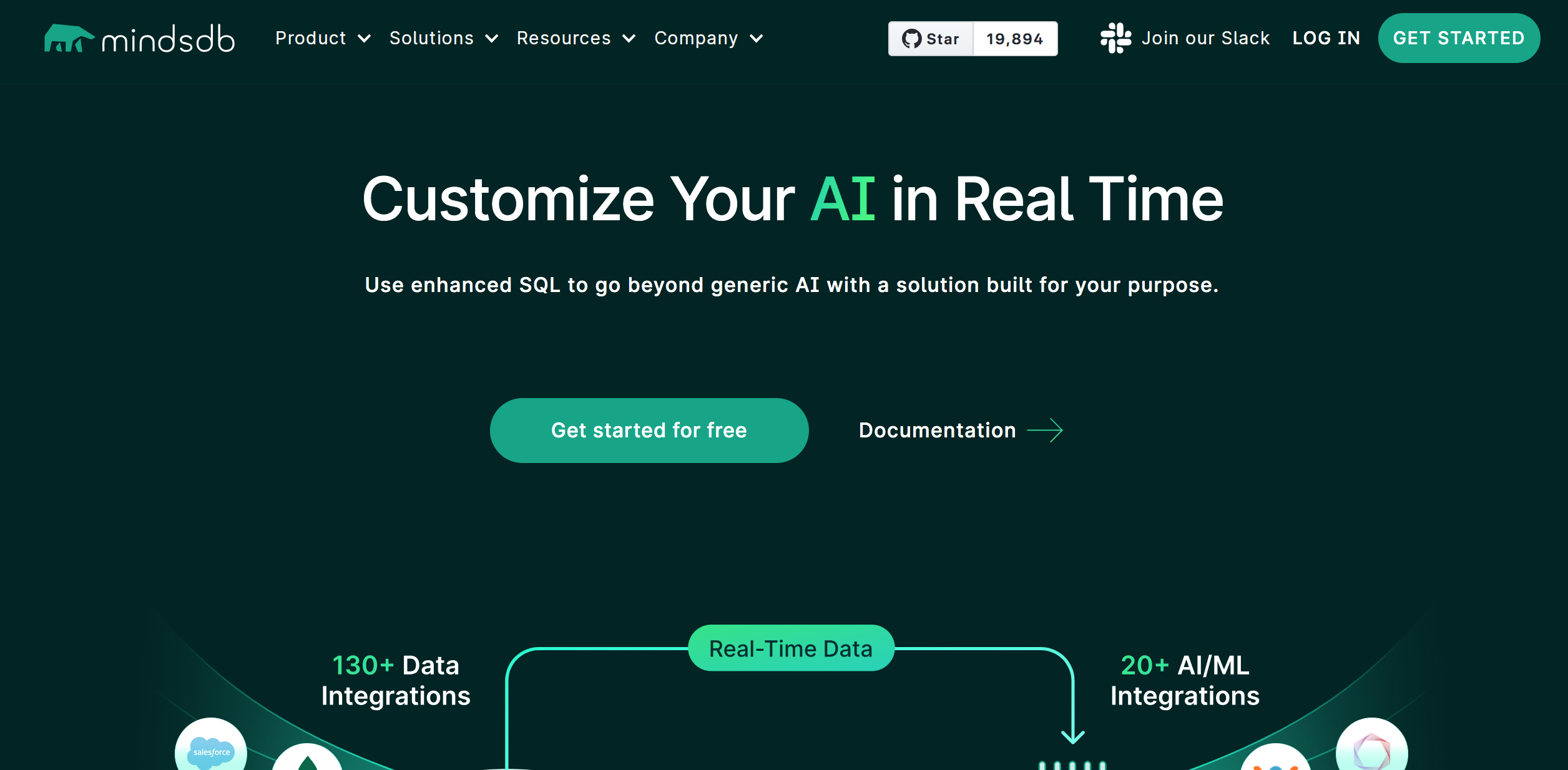Introduction
Decentralized finance (DeFi) has been on the rise in recent years, and it has become an increasingly popular alternative to traditional finance. DeFi refers to a financial system that operates on a decentralized blockchain network, where transactions are processed without the need for intermediaries like banks or other financial institutions. Decentralized exchanges (DEXs) are a significant part of DeFi, providing a decentralized platform for trading cryptocurrencies and other digital assets.
This article will discuss the benefits of decentralized finance and decentralized exchanges, as well as how they operate and how to use them.
What is Decentralized Finance (DeFi)?
Decentralized finance, or DeFi, refers to a new financial system that operates on a decentralized blockchain network. It is an open, permissionless, and transparent financial system that is built on top of existing blockchain technology. DeFi platforms use smart contracts to automate financial transactions, providing a new level of trust and transparency in financial dealings.
The DeFi ecosystem is still relatively new, but it has quickly grown to become a significant player in the financial world. There are now hundreds of DeFi projects that provide various financial services, including lending, borrowing, trading, and insurance.
Benefits of Decentralized Finance
A. Decentralized Control
One of the significant benefits of decentralized finance is the removal of centralized control. In traditional finance, banks and other financial institutions act as intermediaries and have complete control over financial transactions. With DeFi, control is in the hands of the users. Transactions are processed on a decentralized network that is transparent, open, and permissionless, providing greater control and autonomy over financial transactions.
B. Transparency
Decentralized finance operates on a blockchain network that is public and transparent, allowing users to view all transactions and data on the network. This transparency provides a higher level of trust and security in financial transactions, making DeFi more trustworthy than traditional finance.
C. Improved Accessibility
DeFi provides improved accessibility to financial services, especially for those who do not have access to traditional financial services. DeFi is open to anyone with an internet connection and does not require any documentation or verification, making it accessible to individuals who are unbanked or underbanked.
D. Lower Fees
DeFi transactions often come with lower fees than traditional finance transactions, making it more cost-effective for users. This is because DeFi transactions do not require intermediaries, reducing the cost of transactions significantly.
E. Interoperability
Another significant benefit of DeFi is its interoperability. DeFi protocols are built on a shared blockchain network, which allows for easy integration with other DeFi protocols. This interoperability creates a more connected financial ecosystem, making it easier to use different DeFi services and applications.
Decentralized Exchanges (DEXs)
A. What is a Decentralized Exchange?
Decentralized exchanges, or DEXs, are a significant part of the DeFi ecosystem. They are platforms that allow users to trade cryptocurrencies and other digital assets without the need for intermediaries like banks or other financial institutions. Instead, transactions are processed directly on the blockchain network, providing greater control and autonomy over financial transactions.
B. Benefits of Decentralized Exchanges
One of the significant benefits of decentralized exchanges is the removal of intermediaries. Decentralized exchanges operate on a peer-to-peer basis, allowing users to trade cryptocurrencies directly with each other. This eliminates the need for intermediaries like banks or other financial institutions, providing greater control and autonomy over financial transactions.
Decentralized exchanges are also transparent, providing a higher level of trust and security in financial transactions. Transactions are processed directly on the blockchain network, making it easier to track and view all transactions on the network.
C. Comparison to Centralized Exchanges
Centralized exchanges, or CEXs, are the traditional way of trading cryptocurrencies and other digital assets. They operate similarly to traditional financial exchanges, with transactions processed through a centralized platform that is controlled by a centralized entity.
Compared to decentralized exchanges, centralized exchanges have several disadvantages. They are less transparent, have higher fees, and are more prone to hacking and other security issues.
How to Use a Decentralized Exchange
Using a decentralized exchange is relatively simple, but it does require some knowledge of cryptocurrency and blockchain technology. The first step is to choose a decentralized exchange platform that fits your needs. There are several decentralized exchanges available, each with its own unique features and benefits.
Once you have chosen a decentralized exchange platform, the next step is to create an account. This typically involves creating a cryptocurrency wallet and linking it to the decentralized exchange platform.
After creating an account, you can start trading cryptocurrencies and other digital assets. Transactions on decentralized exchanges are processed directly on the blockchain network, providing greater control and autonomy over financial transactions.
Risks and Challenges of Decentralized Finance
While decentralized finance has many benefits, there are also risks and challenges that users should be aware of. One of the significant risks is the volatility of cryptocurrency prices. Cryptocurrencies are known for their high volatility, and prices can fluctuate rapidly, making it challenging to predict future price movements.
Another significant risk is the potential for hacking and other security issues. Decentralized finance is still a relatively new technology, and there have been several high-profile hacking incidents in the past. It is essential to take proper security measures when using decentralized finance platforms to protect your assets.
Finally, decentralized finance platforms are still relatively complex, and it can be challenging to understand how they operate. It is essential to do your research and learn about decentralized finance and decentralized exchanges before using them.
Conclusion
Decentralized finance and decentralized exchanges are rapidly changing the financial landscape, providing greater control and autonomy over financial transactions. The benefits of decentralized finance include decentralized control, transparency, improved accessibility, lower fees, and interoperability. Decentralized exchanges provide greater control and autonomy over financial transactions, with transparent transactions and lower fees.
However, there are also risks and challenges associated with decentralized finance, including the volatility of cryptocurrency prices, security issues, and complexity. It is essential to do your research and take proper security measures when using decentralized finance and decentralized exchanges.
Overall, decentralized finance and decentralized exchanges provide a new level of trust and transparency in financial transactions, providing greater control and autonomy over financial dealings. As decentralized finance continues to grow, it will likely become an increasingly important part of the financial world.

